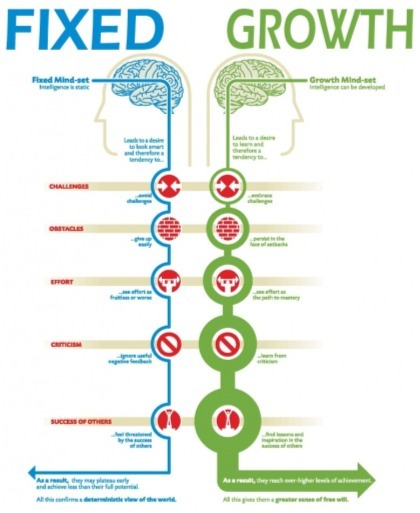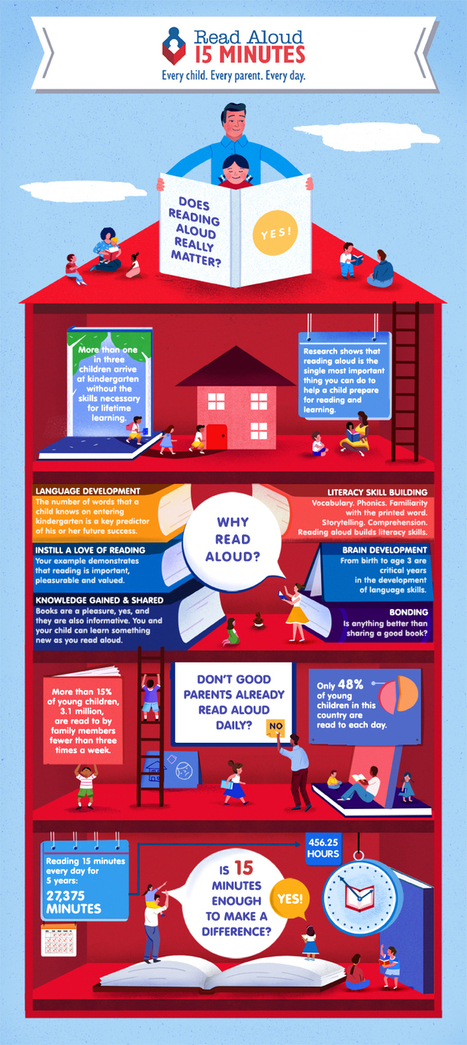Get Started for FREE
Sign up with Facebook Sign up with X
I don't have a Facebook or a X account
 Your new post is loading... Your new post is loading...
 Your new post is loading... Your new post is loading...

Mary Cunningham's curator insight,
April 7, 2013 12:54 PM
This fits really well with the SIM work that has been happening! It is a nice visual representation of the Dwek work.
Jaimee's curator insight,
March 5, 2014 10:06 AM
People/Students do not go for the challenges because they are scared of failure. With failure come consequences fro example low grades. Anyone can say the grade doesn't matter it is what you learned, however without the grade you can lose out on getting accepted into colleges or fail a class.
This article is about about how one can reach success by having a growth mindset. By gaining and having the drive to gain more knowledge. |

Sirenetta Leoni's curator insight,
November 23, 2013 6:40 PM
All voice actors should be reading aloud for 15 minutes daily for practice anyway, so if you're not doing this already with your kids, you really need to make the time to do it. It also happens to be a great way to test out and practice dialects and characters; your kids are usually more forgiving than the reviewers on Audible and Amazon. If your grandchildren, nieces or nephews live far away, there's no reason why you can't Skype-read to them...or spend 15 minutes daily recording a book that you can send them when it's completed. And if you don't have kids in your life, your local library or school would probably love to have a professional voice actor come in and read to students. Here are tips from the SAG Foundations BookPals for reading aloud: http://bookpals.net/ten-tips-for-reading-aloud/ ...and they all lived happily ever after! 
ozziegontang's curator insight,
November 25, 2013 10:28 PM
The proof is in the reading. And making it a daily practice. 
Jan Watts's curator insight,
November 26, 2013 5:09 PM
We know this, but it bears repeating, and repeating and repeating!!!! |















I will definitely be using this in the weeks to come. It's a good reminder for teachers.